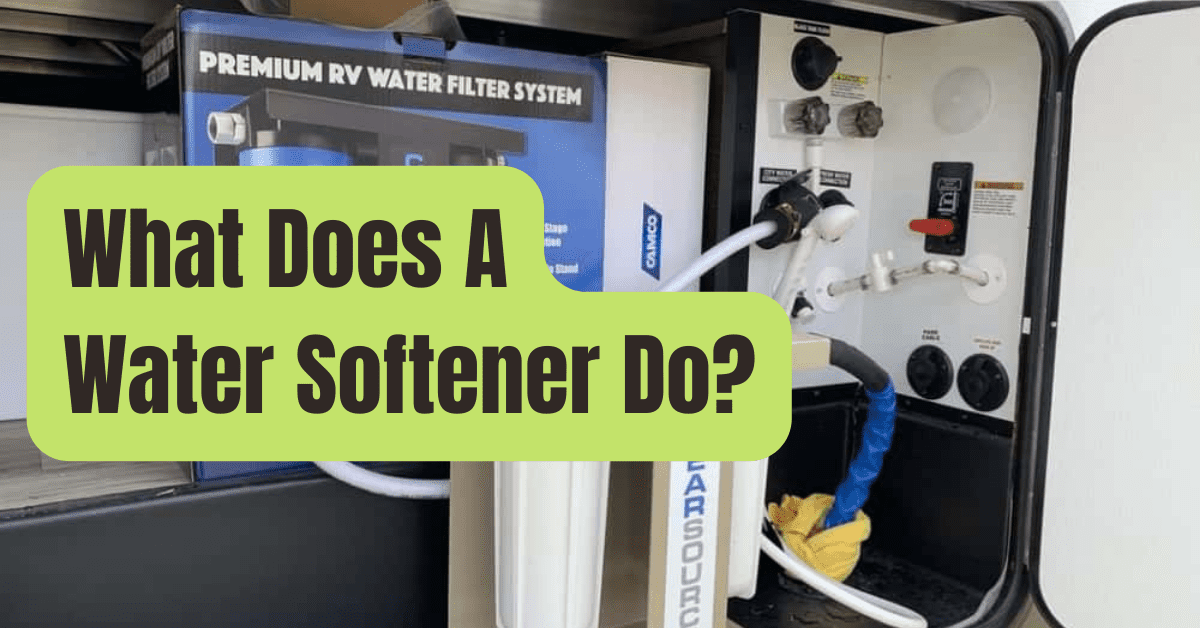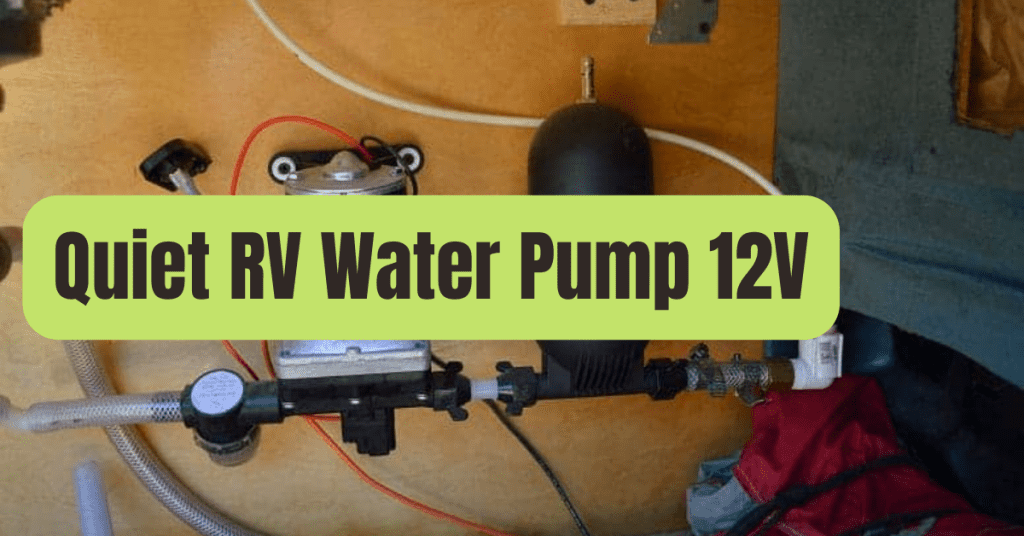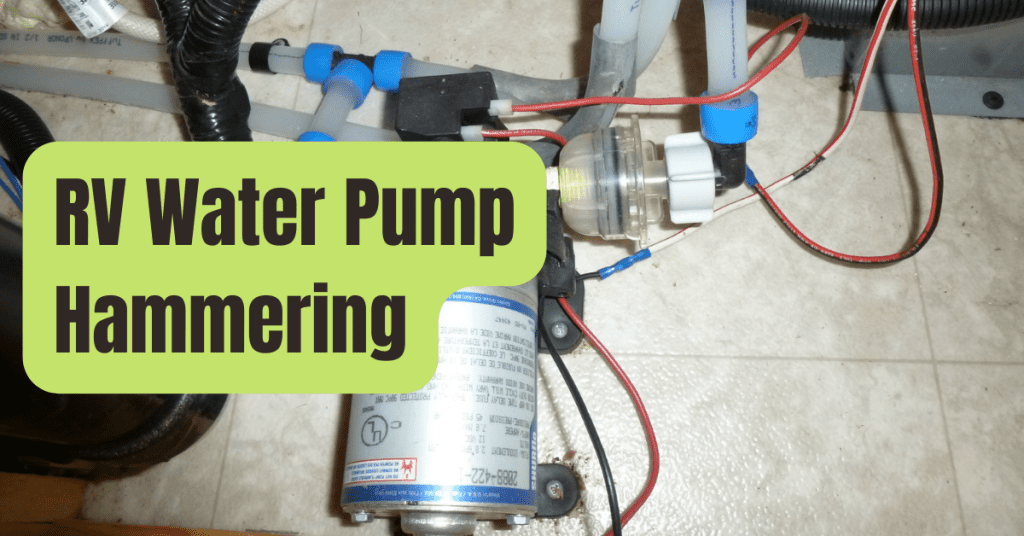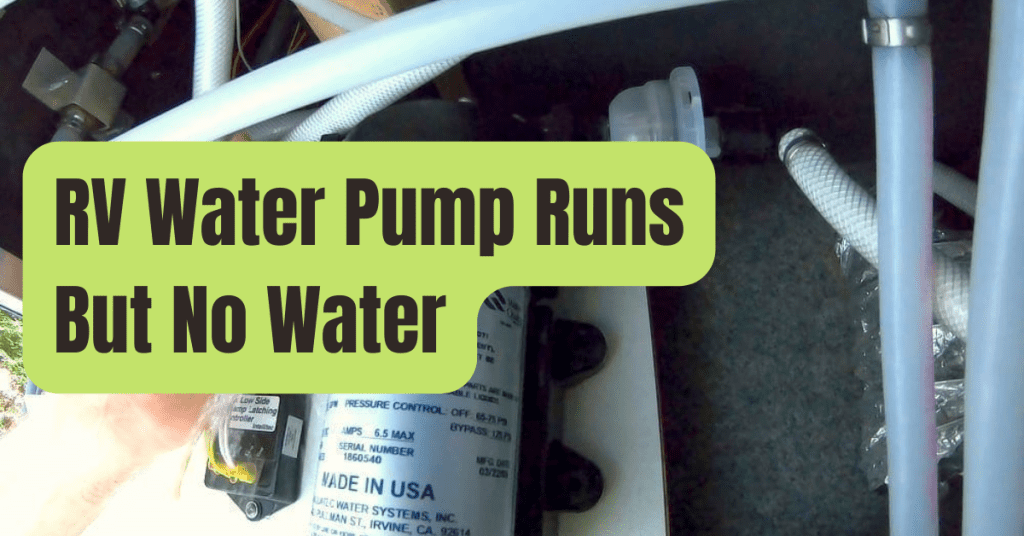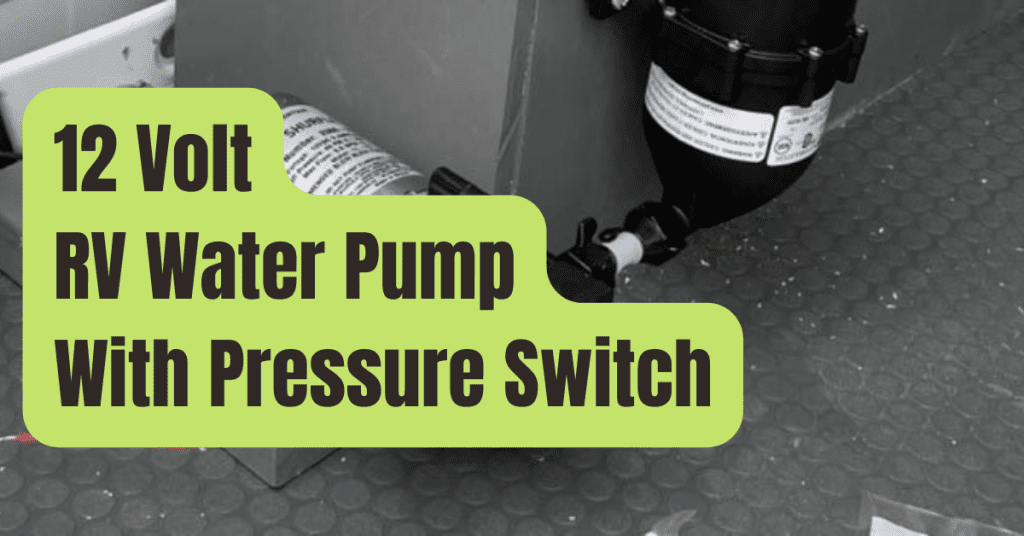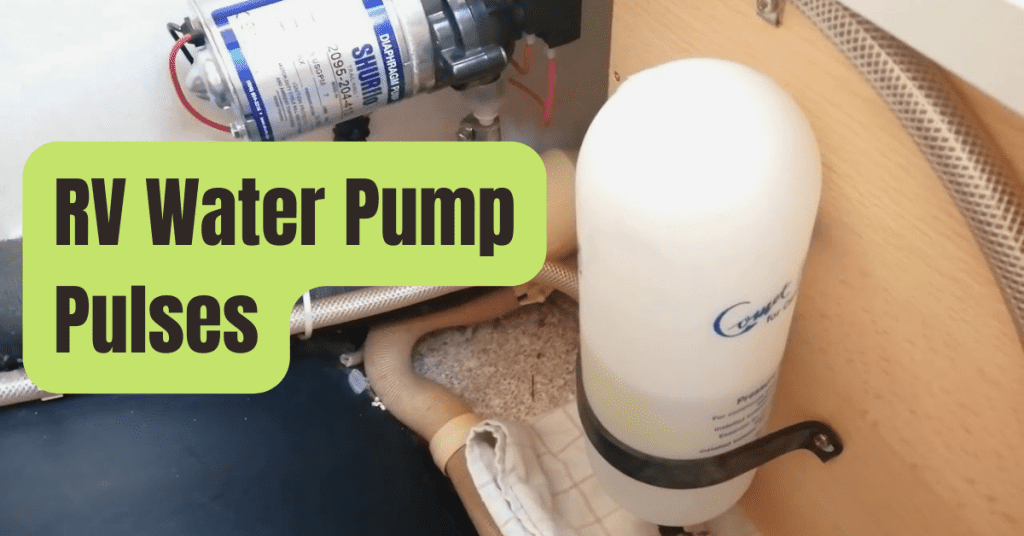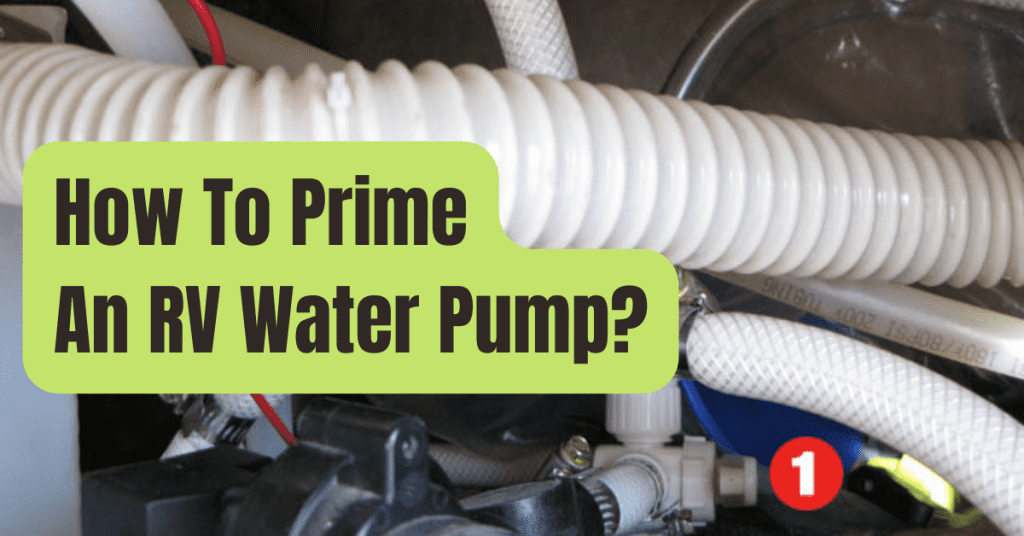Living with hard water may be an expensive issue.
The dissolved minerals in the groundwater that passes through your home’s pipes react with the heat to form scale and buildup, which harms your pipes, appliances, and fixtures.
Rainfall is clean water that doesn’t include any minerals or soft water.
It picks up calcium and magnesium along the route as it travels through the earth.
Hard water is defined as water that has accumulated a lot of minerals.
Although hard water is bad for your house, it is not bad for your health.
By eliminating the minerals that cause hard water via a procedure known as ion-exchange, a water softener treats the problem.
Resin in the system traps mineral ions that harm your property and make it hard by exchanging them for sodium and potassium ions.
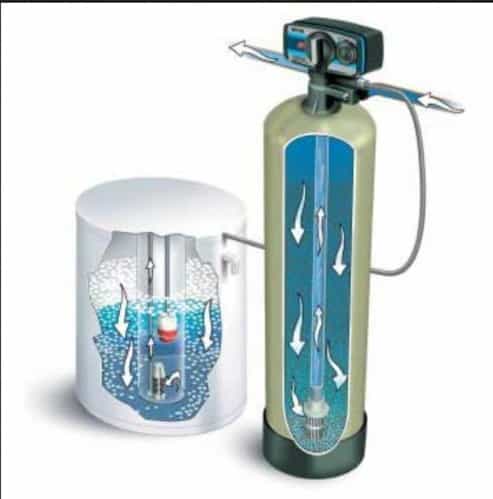
Is A Water Softener Necessary?
For those suffering from the consequences of hard water, a water softener may be a lifeline.
A water softener, however, may not always be the best option for you.
Mineral ions may be removed by water softeners, but pollutants like bacteria or heavy metals like lead, mercury, or even iron are not.
A water filtration system can be a better option for your house if you want water that tastes better.

Indications Of Hard Water
Hard water areas make up over 85% of the United States.
To determine if your house need a water softening system, use one of our test kits.
You could have hard water if you’ve observed any of these symptoms whether washing dishes, doing laundry, or taking a shower.
- Have you recently cleaned your faucets, but do they still have watermarks?
- Do your home’s sink and shower walls have an excessive accumulation of lime and chalk?
- Are your colors fading excessively quickly or are your whites dirty?
- Is the flavor or odor of your water off?
- After taking a shower, do your skin and hair feel dry or itchy?
- Is your water pressure low?
- Do your appliances malfunction more often than they ought to?
- When your dishes are dry, do they contain watermarks or residue?
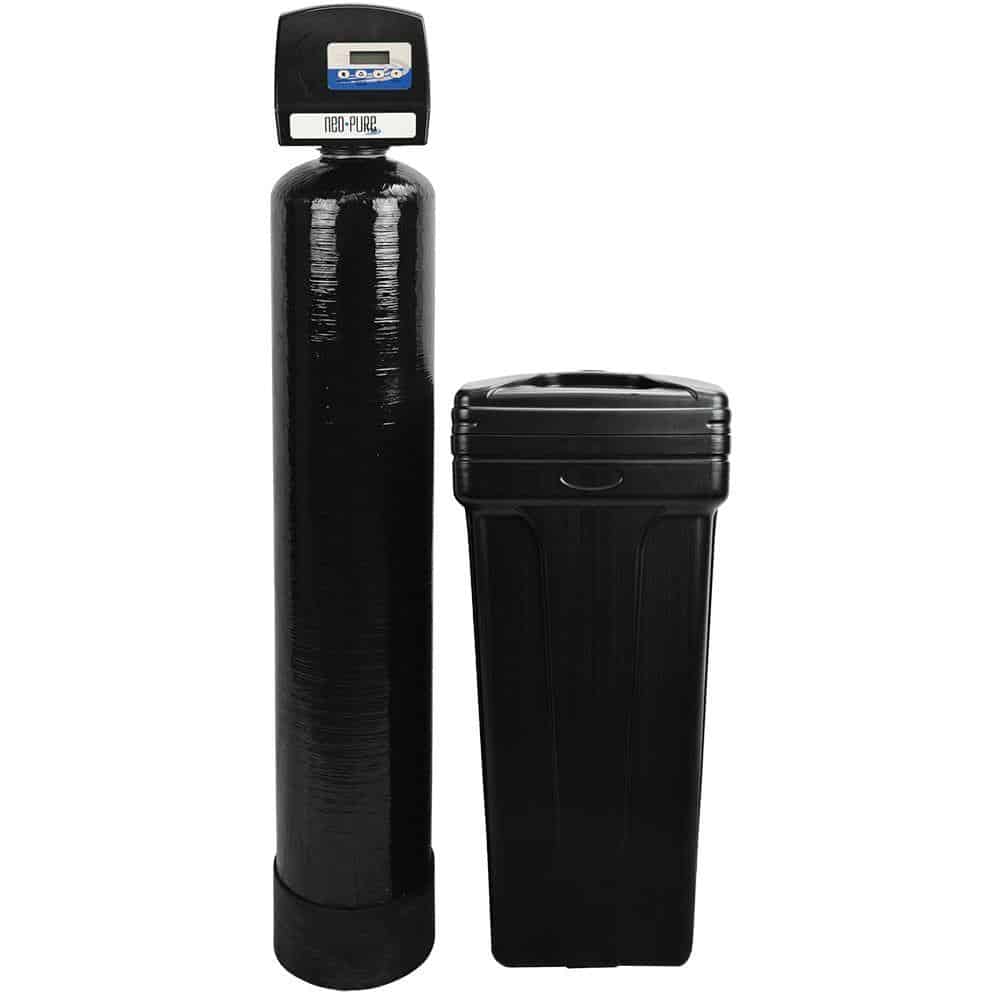
A Home Water Softener’s Advantages
Having a whole-house water softener in your residence has the following five advantages:
#1. Reduces Costs
Mineral ions found in hard water are absent in soft water, preventing buildup in your pipes and appliances and sparing you from high maintenance costs.
Water flow via a conduit becomes constrained by mineral accumulation, necessitating increased pump pressure.
Additionally, it will need more energy to maintain the temperature of the water.
Additionally, the accumulation damages your equipment, costing you additional money in repairs or replacements for your dishwasher, washing machine, coffee maker, water heater, and ice maker.
How To Save Money Using A Water Softener
- Plumbing: The minerals in hard water adhere to your pipes as they go through them, accumulating as scale and ultimately clogging the pipes. Buildup may permanently damage plumbing in houses with very hard water compositions, necessitating an expensive and time-consuming repair work. By softening your water before it has a chance to build up, you can effectively cure the hard water issue.
- Appliances: Using a water softener can stop hard water’s negative effects on your dishwasher and washing machine. Scale within the appliance shortens the lifetime of your coffee makers, ice makers, and even water heaters in addition to lowering the quality and efficiency of the water owing to its hardness.
- Gas or electricity costs: By minimizing pipe damage, a water softener may reduce your gas or electricity costs. The area that is accessible for water to travel through a pipe narrows as scale accumulates inside of it. As a consequence, for water to pass through, the water pressure has to be raised. Additionally, the pipe narrowing reduces the efficiency of heat transmission, requiring you to operate your water heater longer to make up for it. Both problems lead to high gas or electric bills.
- Detergents and soap: Soft water allows soap to enter and dissolve more effectively, producing more suds and a richer lather for your body, clothing, and dishes. To produce the same quantity of suds as a residence with soft water, hard water requires twice as much cleaning solution. By utilizing cold water for washing instead of hot, you may save hot water with a water softener. To better dissolve detergents and remove mineral deposits, hot water is often employed. This is not required if you have a water softening system. Additionally, washing in cold water can prevent shrinkage of your clothing.
#2. Softer Skin And Cleaner Hair
While bathing or taking a shower, soft water may be highly healthy for your skin and hair.
Because of the mineral ions in hard water, it doesn’t fully dissolve soaps, resulting in the formation of soap scum as a precipitate.
Homes with a water softener benefit from a deeper lather since soft water lacks these minerals.
Beyond soap lather, a water softener has advantages for the skin.
As a result of the loss of natural oils in your skin and hair, it might also lessen the negative effects that hard water has on your body.
- Effects of soft water on skin: Because soft water has less minerals, it allows for better absorption and retention of moisture by the skin. This is one of the advantages of drinking soft water. While using hard water for a shower or bath might damage your skin. The minerals in hard water deplete the skin’s natural oils, which may dry up and, in some circumstances, irritate and itch the skin.
- Effects of soft water on hair: Soft water may help keep your hair’s pH balance whereas hard water can cause your hair to feel dry, brittle, and frizzy. As a consequence, your hair’s color can turn lackluster.
The water pressure in your shower drops when scale from hard water builds up in your pipes.
It is difficult to thoroughly rinse soap from your body or shampoo and conditioner from your hair with low water pressure.
#3. More Colorful And Plusher Attire
A water softener makes your garments soft to the touch and preserves their brand-new, fresh appearance and feel while preventing the damaging effects of hard water on them.
- Brighter clothing: If you wash your clothes in hard water at home, deposits of minerals are left on the fabric. The minerals will cause the hues to deteriorate over time. Even stains or yellowed teeth may be caused by certain minerals. The preferable alternative is soft water. In fact, many people add salt to a load of colors to stop bleeding, even if a soft water system and the usage of sodium exchange don’t call for this.
- Cleaner clothes: Soft water dissolves into clothing more easily, efficiently washing the garments. Your clothing is being washed with minerals that form deposits in the fabric when you use hard water. The minerals will eventually cause the colors to fade and the whites to get dingy. You may use less detergent and perhaps even go without fabric softeners since detergent dissolves more readily in soft water.
#4. Cleaning Dishes
If you reside in a region with hard water, you are aware of how challenging it is to keep your dishes clean.
No matter how often you clean them, what soaps or detergents you use, or how long you let the cleaning process go, your silverware and glass always have a foggy look after drying.
The source of the issue is resolved by a water softener, which gets rid of the minerals before they can accumulate on your dishes.
Additionally, there is more lather and cleaning action throughout your dishwashing routine due to the more thorough fusion of soft water with soaps and detergents.
#5. Less Cleaning Time
Cleaning might take a lot of time if you live in a house with hard water.
You wash your dishes and clothing over and again.
You could spend hours each week cleaning the walls of your showers, sinks, and faucets with soap scum and chalky lime.
By using a water softener, you may avoid the negative consequences of hard water as well as the buildup of soap scum and curd in your bathroom since soft water completely dissolves and penetrates soap.
Keeping the time you typically spend cleaning.

Do You Have To Drink Hard Water?
The salt exchange process in soft water may cause you to hesitate if you follow a low-sodium diet.
The quantity of salt that has to be added to your water depends largely on how hard it is.
More sodium is transferred in water that is harder.
Even then, the total is not very high.
An average of 12.5 mg of sodium may be found in a glass of soft water.
To put that into perspective, consider that 211 mg of salt are included in one slice of whole wheat bread.
Others wonder why it’s necessary to remove calcium and magnesium from water since they’re good for your health.
However, the quantity of these minerals absorbed via hard water is little in comparison to the time and money required to address their detrimental effects on your property.
Both minerals are often found in daily supplements and the leafy greens that are recommended for the majority of healthy diets.
What Is The Price Of A Water Softener?
Fortunately, the lifespan of the majority of systems is up to 20 years.
Several variables might affect the cost of a water softener for your house.
pricing variables for water softeners
- How big your house is: Your home’s size and cost are influenced by the size and quantity of its rooms, especially its bathrooms. More water had to be softened via the system since there were more bathrooms.
- Installation: Your ultimate cost may be significantly impacted by the availability of sufficient plumbing. Older houses that have antiquated plumbing or significant hard water damage could need replacement before installation.
- Additional features: Some systems include UV disinfection, which employs a UV light to destroy dangerous germs or viruses in the water. These characteristics may raise your original price.
- Periodic maintenance: The majority of systems are automated and are programmed to replenish depending on water use or sensors within the water tank. Some need a quarterly manual recharge.
Water Softener Alternatives
Although there are alternatives to a water softener, many of them only partially address the issues that may develop in a house with hard water.
Scale accumulation in your pipes is eliminated by a water conditioner or scale inhibitor.
Although the label “salt-free water softener” is often used, it is deceptive.
While it does get rid of scale accumulation, the minerals that make the water hard won’t be removed.
Your soap won’t lather any better, your laundry will still need extra detergent, and you’ll still have film on your dishes and bathtubs.
Many individuals put a reverse osmosis system beneath their kitchen sink as a water purification device.
Typically, it is not the ideal choice for your whole home.
In fact, even after the reverse osmosis system is installed, a water softener can still be required.
The membrane of the system is harmed when hard water passes through it and adheres, causing accumulation.
Installing a water softener before the RO helps safeguard the membrane if you have a RO system with hard water.
Have further queries regarding water systems or are you still unsure if you need a water softener? If you have questions about your water system, visit our learning center blog or get in touch with our water specialists.

